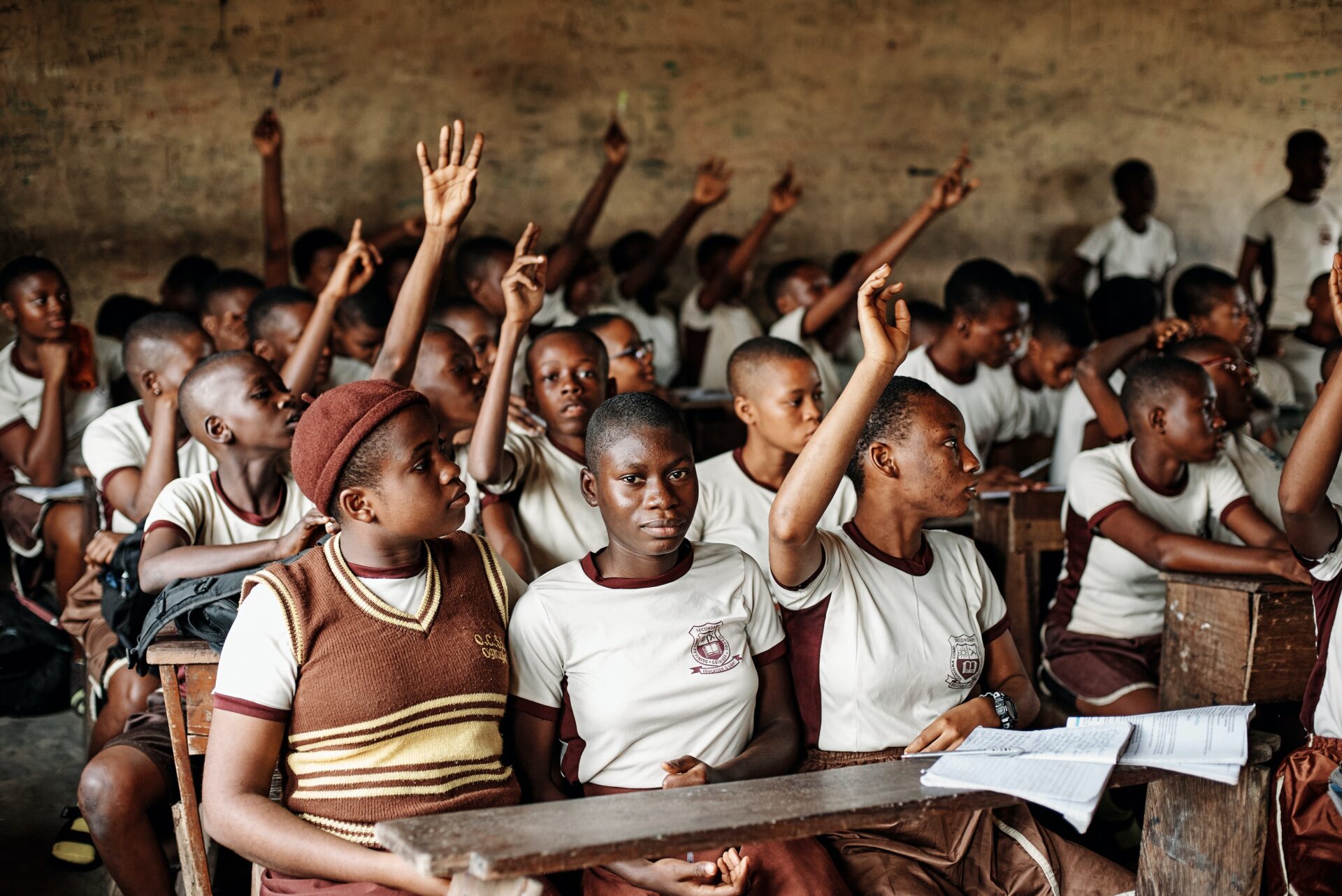..Banning History In Nigerian Schools
One may wonder who within the Nigerian Ministry of Education orchestrated the removal of the History [of West Africa] as a subject from the national academic curriculum several years ago. Many have claimed that the removal was to hide the ‘darkness of the Civil War’ and to quell potential tensions it might harness. Has it worked for contemporary Nigeria? We know it has not. The Muslim-dominated North defeated Christian East in a very bloody and savage conflict that claimed millions of lives. And they want the people to ‘forget’ by robbing them of a significant component of their educational freedom? History is ultimately a reflection of the handwork of leaders for all posterity, and they know it. Agnotology does not often work enduring, and it has limits.
The consequences and implications of major or protracted war necessarily did become part of the cultural and intellectual heritage of both victors and vanquished. The human and social cost of war is too vast and deep to forget or ignore. Reconciliation and forgiveness are other challenges that can neither be a reality by forgetting nor ignoring the aftermath of war. Trauma is far more memorable than pleasure and generations can bear the wounds of their forebears as if fresh. Removing incidences of war from the classroom is a non-solution for peace since it would evaporate in the age of mobile technology.
It would be hard to find a good Igbo writer who would not write finely about the “pains and tragedies” that emerged out of the Civil War. Otherwise, it will usually take a non-Igbo non-Eastern writer to pen great stories of the Civil War. Those that portray “glory and heroism”. Such sensibilities are unalienable parts of culturally acquired heritage. You cannot erase such by manipulating institutions, educational or otherwise since it is to them [victor or vanquished] as is their language, traditions, norms, taboos, music, art, diet and idiosyncrasies.
I am not trying to be indulgent here. In my first term in a primary school in London, England my class went on an excursion trip to Hastings. The battle site of famous invasion for the Norman victory of William the Conqueror. In later years still in primary school, I went on excursion trips to Marston Moor, the site of the First English Civil War and Norfolk [Norwich], the location of Saxon and Viking invasions of England. We, as young pupils, did not just visit these places with teachers and tour guides. We saw BBC Educational programmes about these places before we went on the trips. Such histories are still taught and explored like that today. How has British war history as taught in schools caused conflicts or tensions in present-day Britain? Another country and an unfair comparison? Well, slavery and colonisation are not in the curriculum.
The Civil War is not the only event to happen in West Africa. How about the Trans-Atlantic and Trans-Saharn Slaveries that has severely traumatised the black experience on the planet? History is primarily a focal point for stories of conquest, emergence and change. West Africa has an abundance of such events in its timeline. It was shocking when a rising Nigerian intellectual star was arguing with Prof George Ayittey on Twitter. Well, about the governance of pre-colonial West African and made some weak claims. A schoolmate of his later told me that in their time, history classes were not taken in their school. An excellent mind betrayed by the deficient curriculum, perhaps.
Another possible reason for the removal of history from the national curriculum is the “shame of colonisation”. A particular shame for Nigerian leaders is something Claude Ake wrote and talked about tirelessly. The humiliation of being dominated effortlessly and routinely exploited by fellow men of a lighter colour was a memory many could not embrace. And there was nothing they could do about it. (See the picture above). The shame of being colonised was particularly strong immediately after Independence. Superficially appears to have dissipated particularly in recent years. Keen observations indicate it has not, every day another person gets enlightened about it. Besides, the long-term consequences of slavery and colonisation are still evident in Nigeria. Both in its self-perception and its management of the state.
Nigeria has a destiny to pursue. It is not too good to be wholly regard our nation as a “post-colonial state.” More so, when it looks as if the only good times the state had were when colonised and immediately after Independence. We may agree. However, in the Internet and mobile phone age, can they hide these by not teaching history in schools?
History is a store of knowledge of things past that can be useful in current and future times for memory, guidance and circumspection. However, this approach to history goes with the assumption that the government and leaders of today are willing to learn wisely. When post-colonial states become more successful economically and technologically than their colonisers, it is desirable [e.g. South Korea]. The disaster of the Civil War, the shame of colonisation and slavery, among other things, should be great learning points for Nigeria today and in future.
If the ‘Owners of Nigeria’ are not willing to learn from history but hide from it. It is fair to conclude that history as a concept, subject or interest is far beyond capacities and necessities of Nigeria. The reflection on leaders, as a result, is not good. Are they aping the ostrich in crisis?
Grimot Nane
Discover more from Grimot Nane Zine
Subscribe to get the latest posts sent to your email.


God bless you for this article!! I’ve found it very enlightening